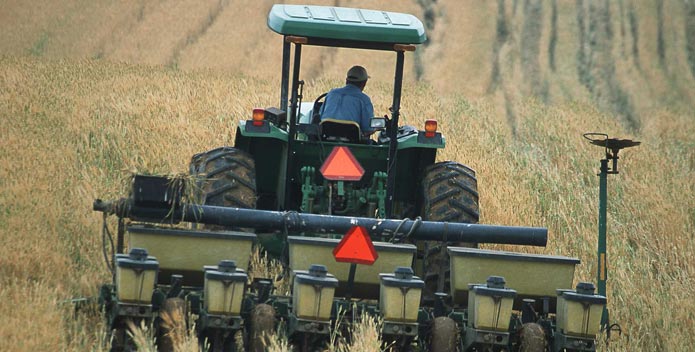Opponents of the Chesapeake Clean Water Blueprint claim the cost of implementing agricultural best practices to reduce pollution runoff from farms will put family farms out of business.
Here are stories from across the Bay region that are disproving this myth. In fact, pollution control practices are improving many farmers' bottom lines.
Farmer Success Stories
-
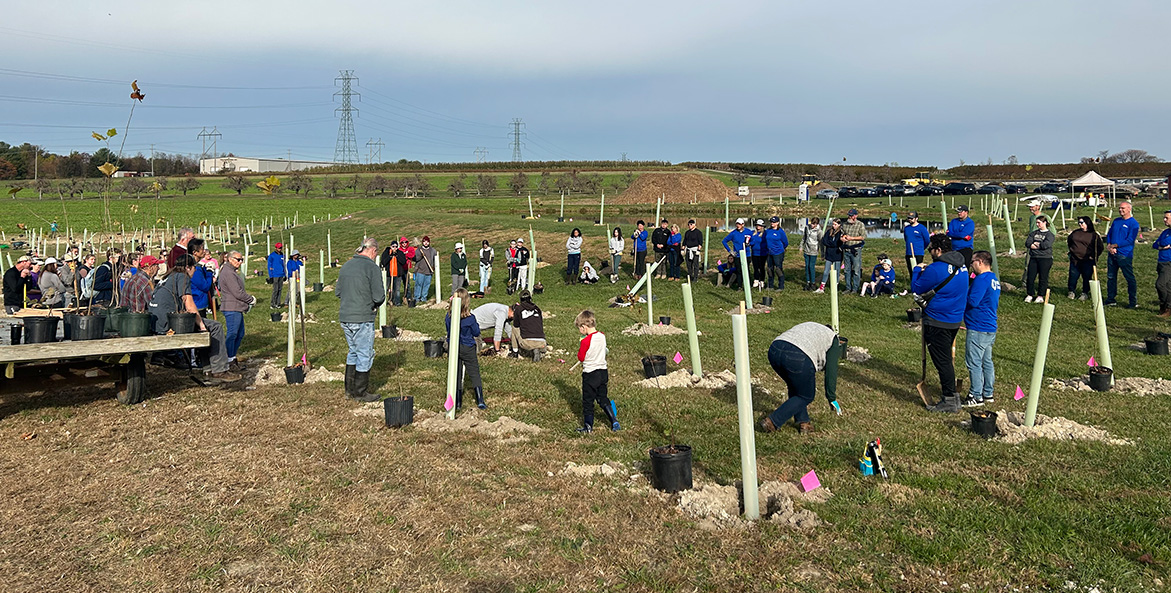
Cultivating Community
March 20, 2024
Smithsburg, Maryland farmer Matt Harsh discusses the value of locally grown produce, regenerative agriculture, and community engagement at his 78 Acres Farm.
-
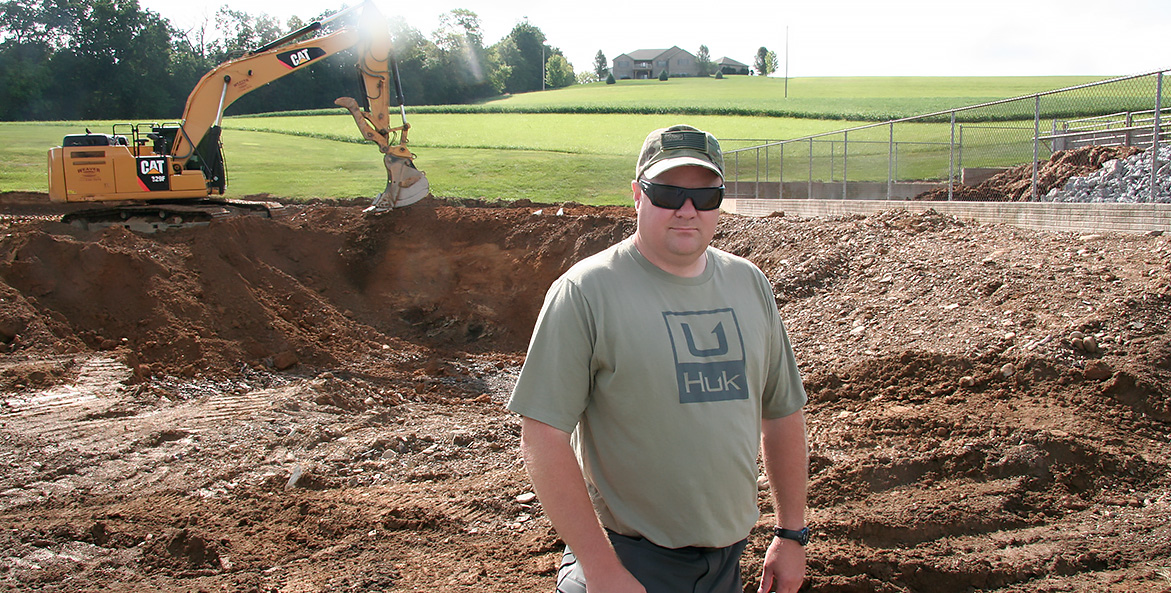
For Family, Farming, and Clean Water
January 19, 2024
Cost-share funds available through Pennsylvania's Agricultural Conservation Assistance Program (ACAP) help Greg Strayer keep his family farm going, so that someday he can pass it to his children.
-
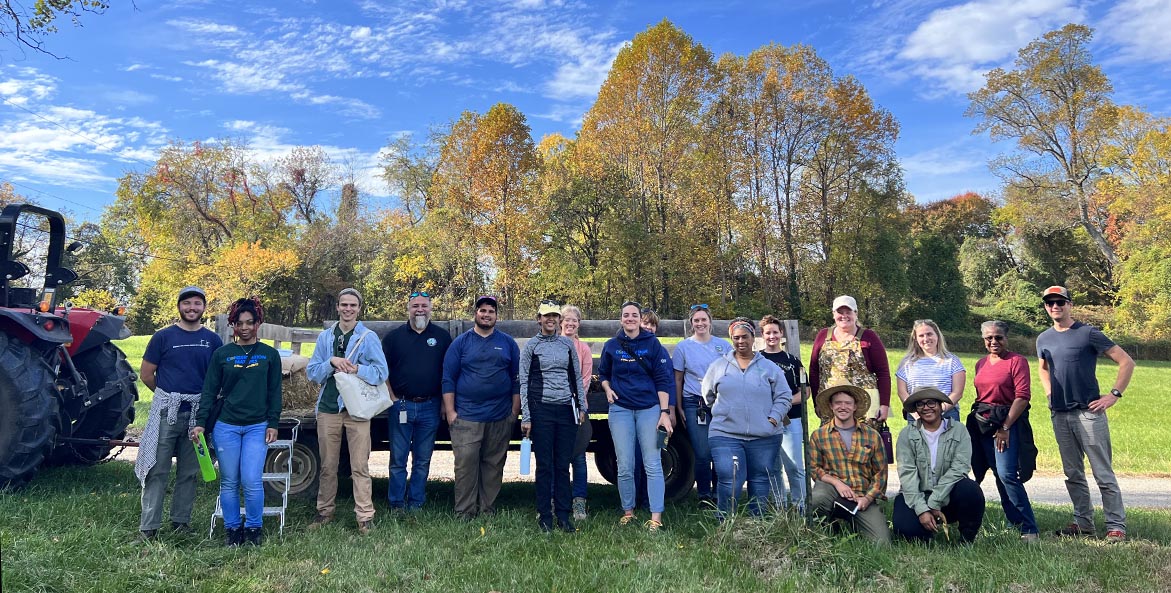
Little Pieces of Life, Green, and Community
November 9, 2023
In building local food systems that support community and environmental wellbeing, small and urban farms have an outsized impact.
-
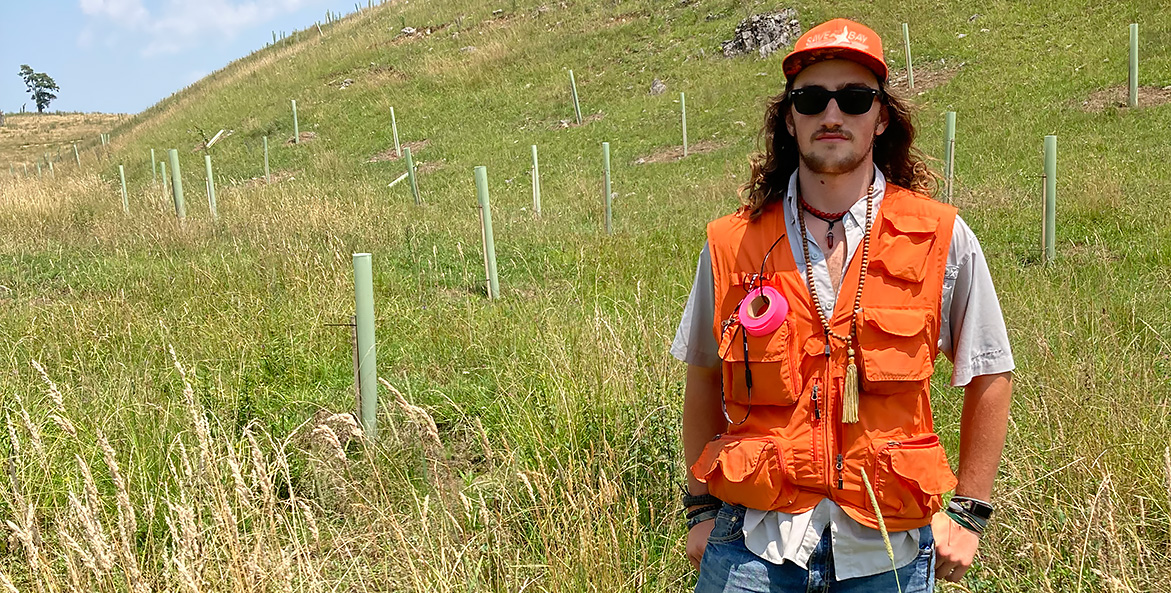
Healing the Headwaters
October 16, 2023
How the James River Buffer Program has revolutionized the planting of valuable, pollution-reducing streamside forested buffers.
-
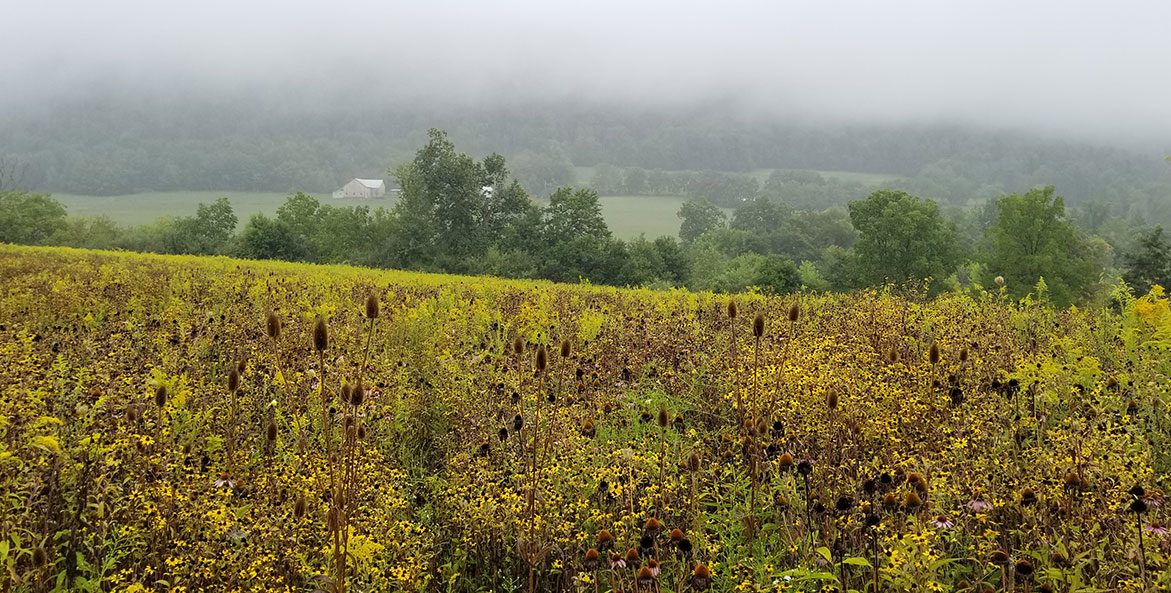
Why Is the Farm Bill Critical to Local Farms and Clean Water?
July 25, 2023
Farmers across the Bay watershed share their experiences leveraging important Farm Bill programs that support productive, healthy farms and waterways.
-
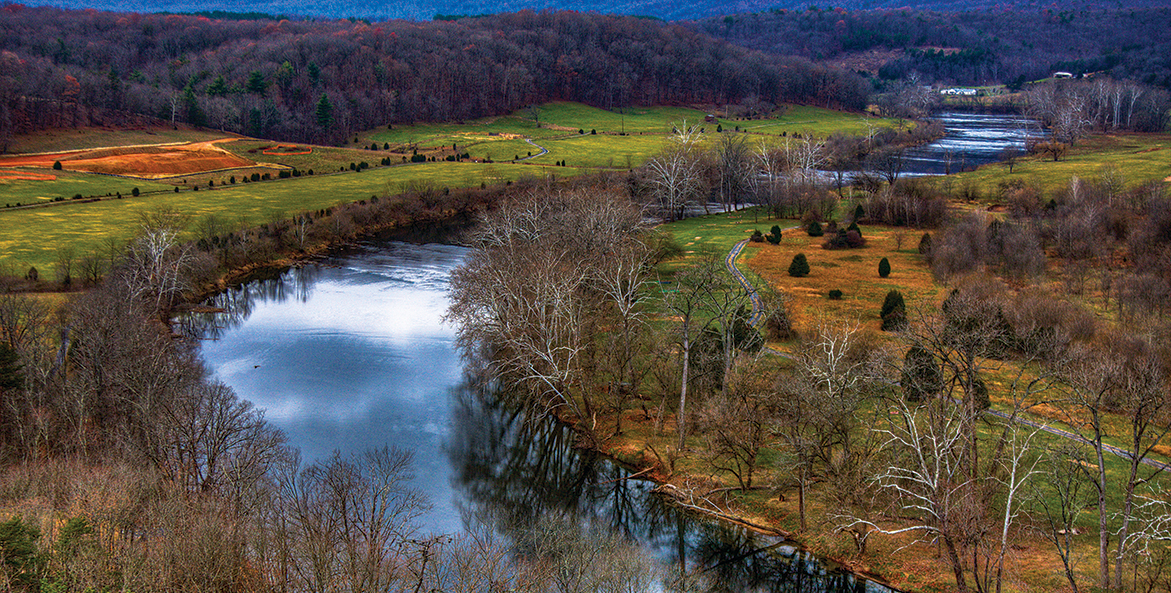
Clean Water, New Grass, and Space for Wildlife
February 16, 2021
Rotational grazing improves water quality and pasture quality at Funkhouser Farms in Virginia's Shenandoah Valley.
-
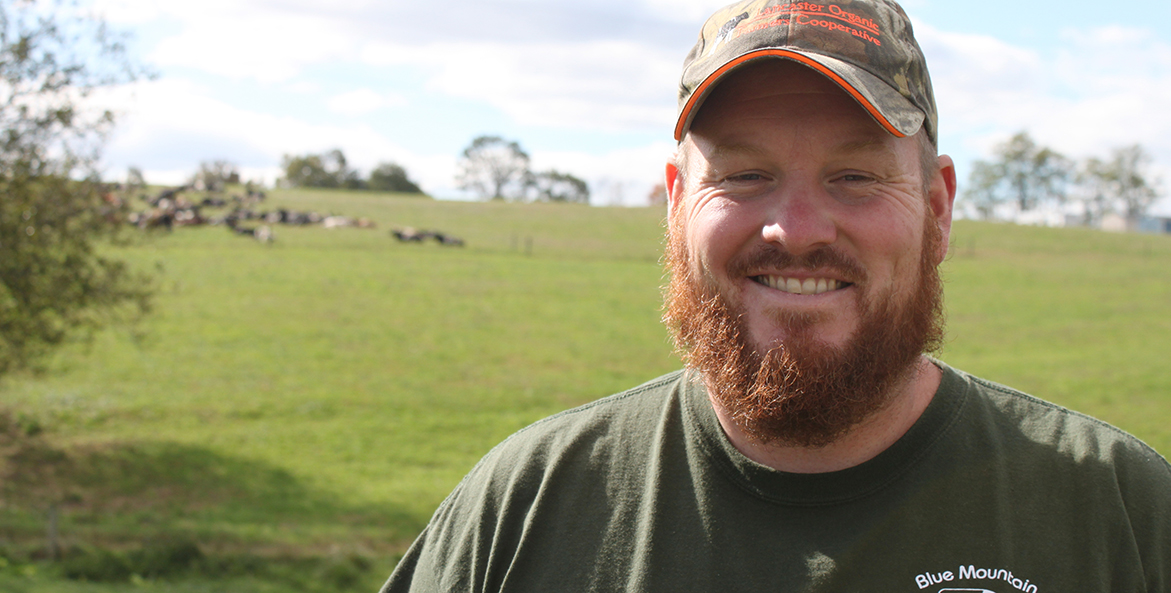
This Is the Way Small Farms Can Survive and Thrive
February 8, 2021
Dairy farmer Matt Bomgardner sees grazing as a way to save money and preserve family farms.
-
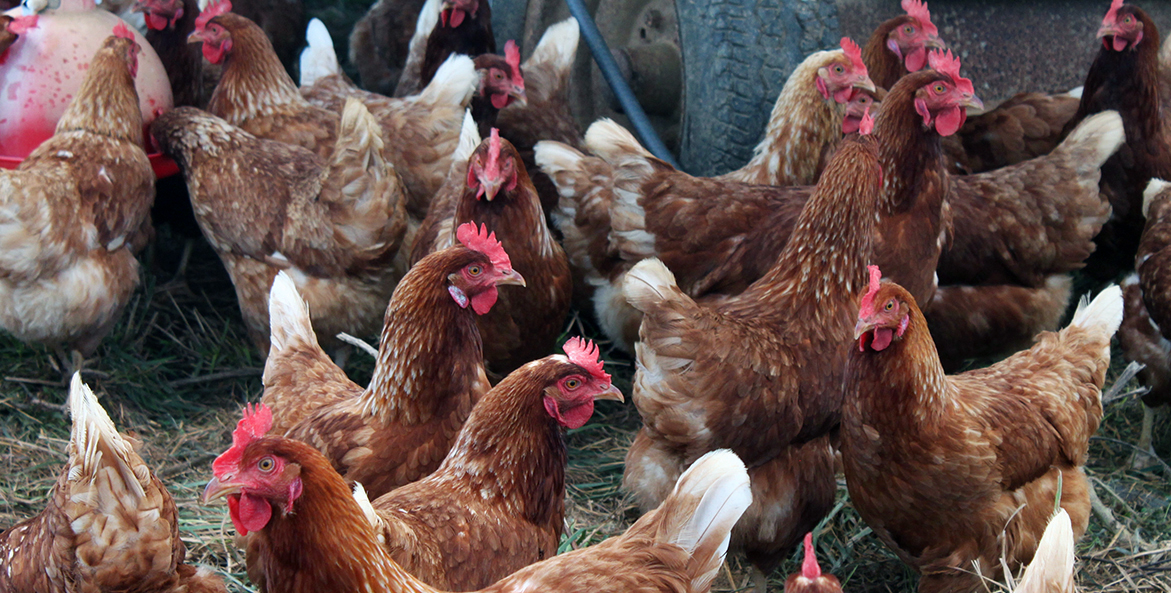
The Day the Ladybugs Moved In
February 1, 2021
On their farm in Frederick County, Maryland, MK and Andrew Barnet are working to restore the soil, the water, and the planet—all in the name of good food and good life.
-
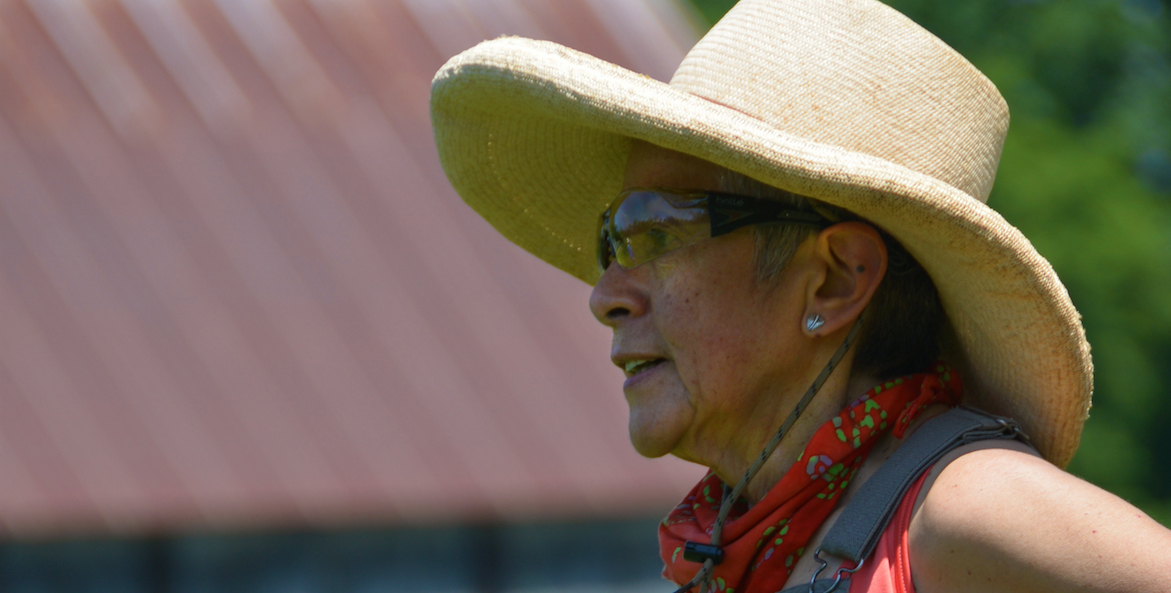
Volunteering for Good
December 10, 2020
Norka Ruiz Bravo feeds her interests and the needs of others at CBF’s Clagett Farm in Upper Marlboro, Maryland.
-
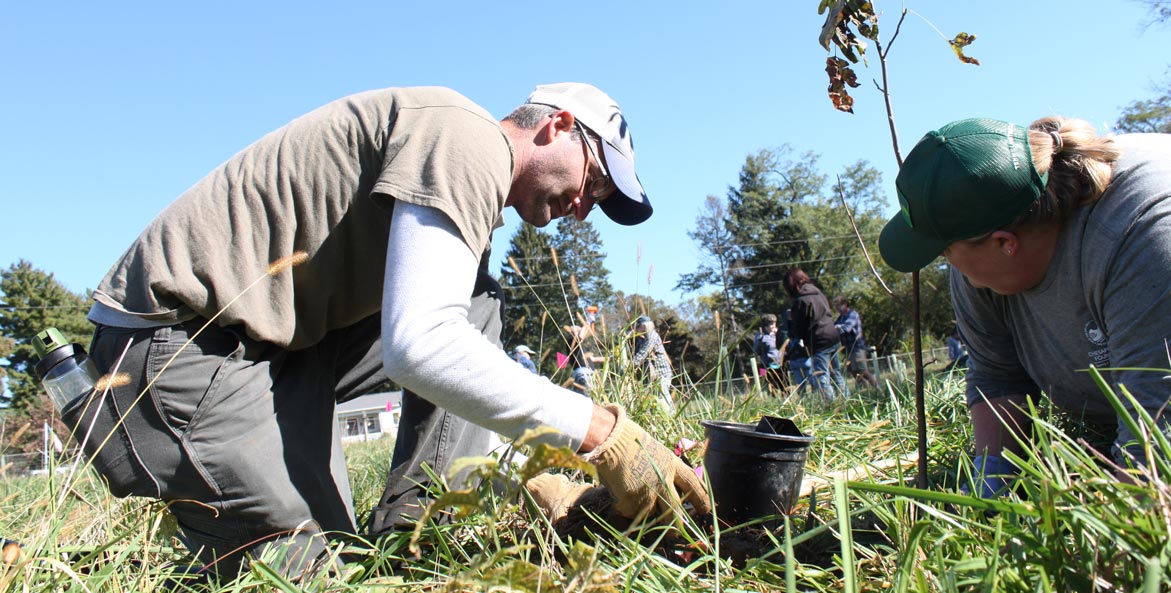
Bringing the Farm to Life
October 30, 2019
Planting trees is part of treating the land—and cattle—right at Drager Farms in Lancaster County.
-
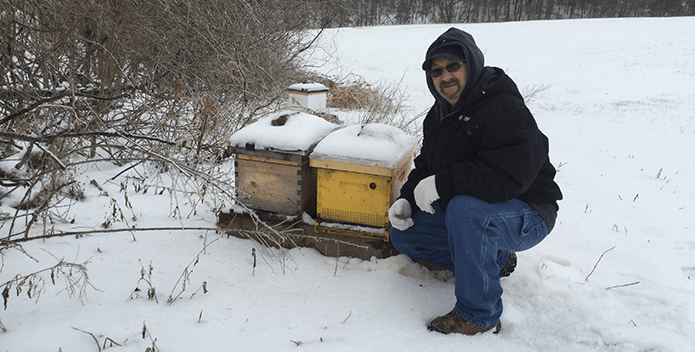
Farmer Profiles: Dave Graybill
April 4, 2019
“You have to control the good things in your environment.”
-
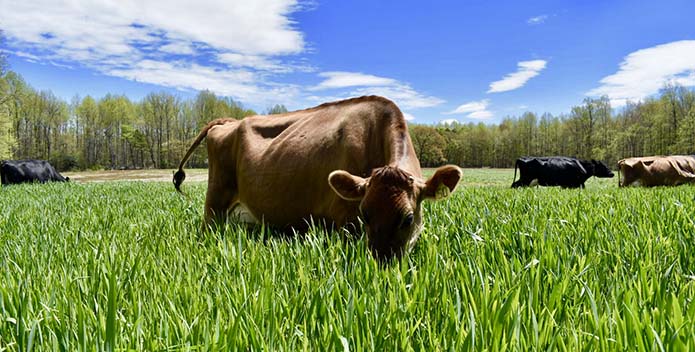
Nice Farms Creamery: Grazing Cows Since Before It Was Cool
June 6, 2018
“Society has moved away from agriculture, and we want to bring people closer to the farm again.”
-
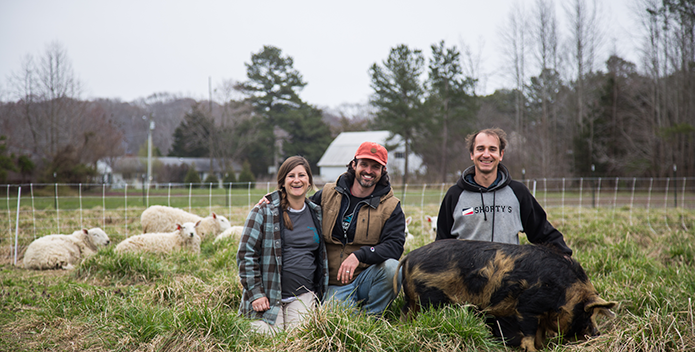
Naturally Sunkissed Farm: Making the World Wilder and More Flavorful
May 23, 2018
This couple has made it a priority in life to craft a wilder world by mimicking the natural processes of the earth in their farming techniques.
-
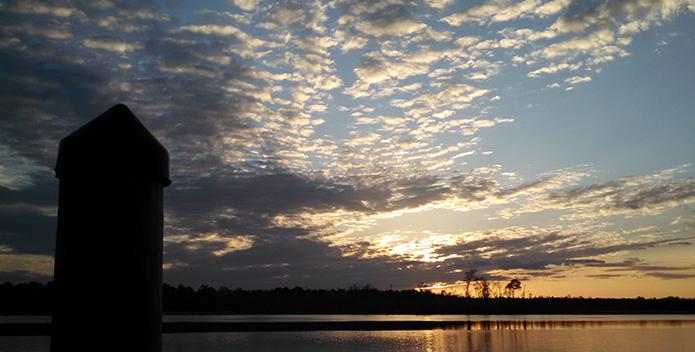
T.O. Longest & Sons: Dressing the Land for the Long Haul
April 26, 2018
(DRAGONVILLE, VA)—Tommy Longest and his son-in-law, Kevin Norman, produce corn and no-till soybeans on about 4,000 acres (2,100 in corn) of land in King & Queen County, VA, between Dragon Run (the headwaters of the Piankatank River) and the Mattaponi River.
-
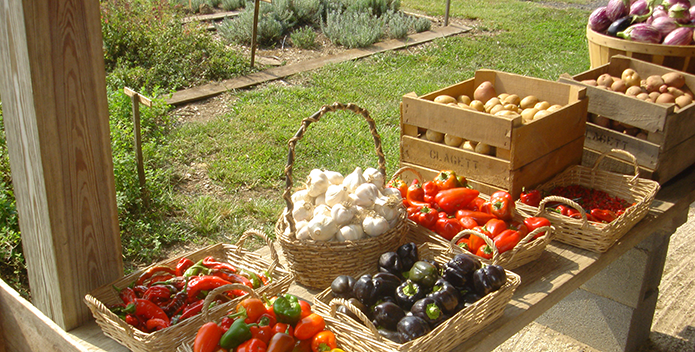
2018 Future Harvest CASA Conference: Helping the Next One in Line
April 25, 2018
Vincent Matanoski is a beginning farmer. He’s looking to learn.
-
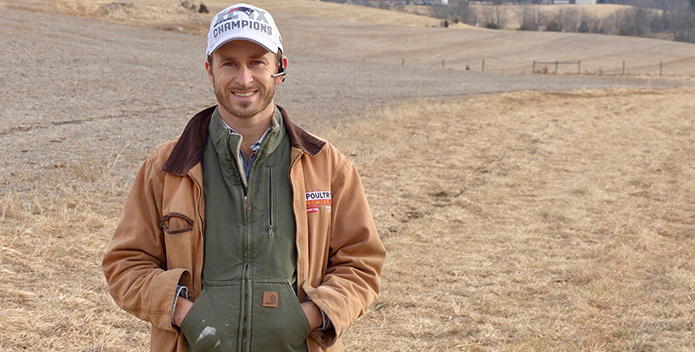
We're Half Way There: Cros-B-Crest Farm
April 11, 2018
(Staunton, VA)—Jimmy Crosby doesn't take a lot of ”bull” when it comes to his soil health.
-
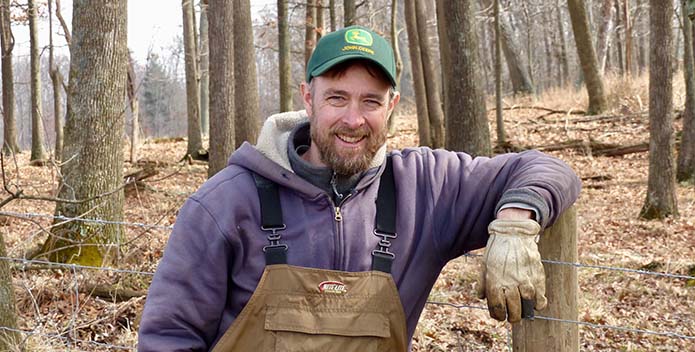
We're Half Way There: Windy Hill Farm
April 5, 2018
(Swoope, VA)—"It's February and I've still got grass!" Scott Miller exclaimed.
-
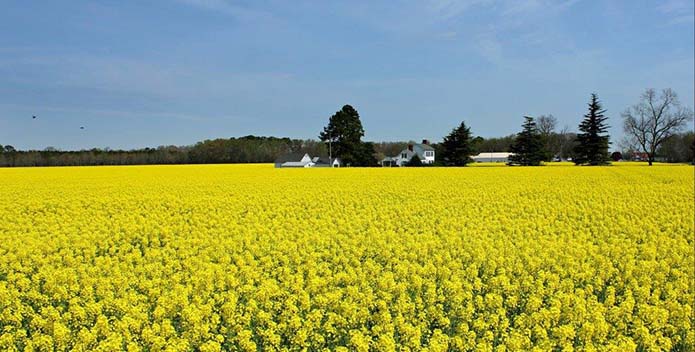
Chesapeake Farm Heroes: Mt. Nebo Farms, Accomack Co., VA
April 4, 2018
Lynn Gayle and his son, Sands, farm a wide range of fields in Accomack County, Virginia, from their home base near Onancock.
-
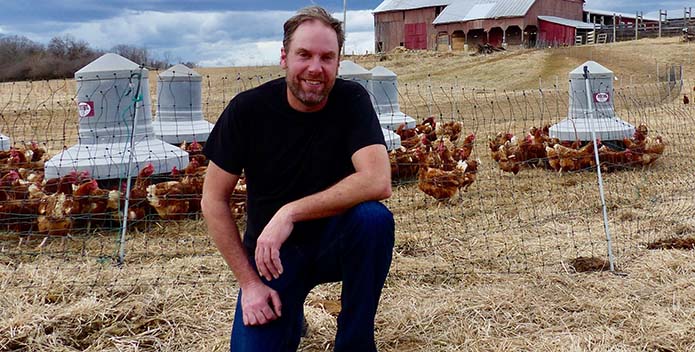
We're Half Way There: Smithfield Farm
March 21, 2018
(Berryville, VA)—Forrest Pritchard's life changed in 1996 when he became "farmer in chief" of his family farm.
-
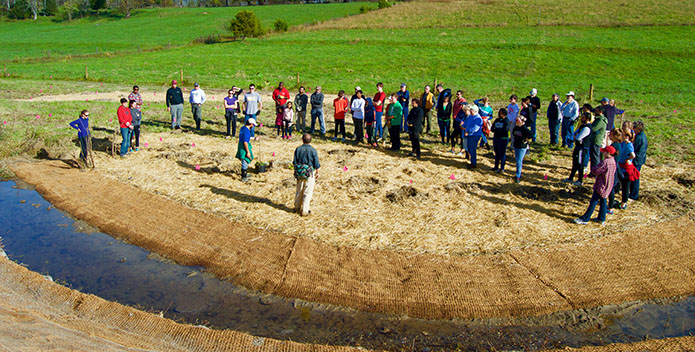
Farmer Spotlight: Ruth Ann's Garden Style Beef
March 13, 2018
Steve and Ruth Ann Derrenbacher are the third generation to own and operate their 140-acre family farm in Woodsboro, Maryland.
-
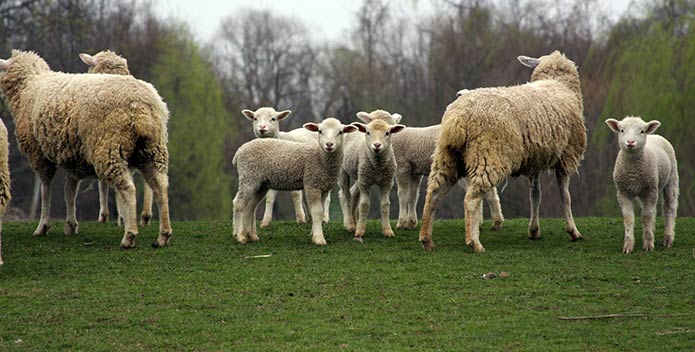
A Farmer Weighs In
To clean up the Chesapeake Bay, we need a set of uniform and uniformly enforced rules for all farmers.
-
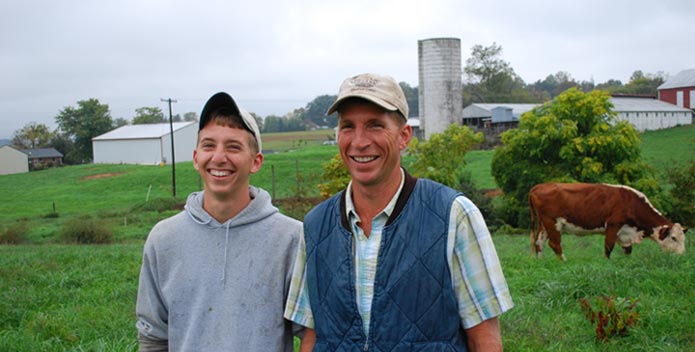
Back to the Future: Saving Dairy Farms and the Chesapeake Bay
Compared to conventional corn farms and concentrated animal feeding operations, grazing pastures reduce sediment runoff to nearby streams by 87%.
-
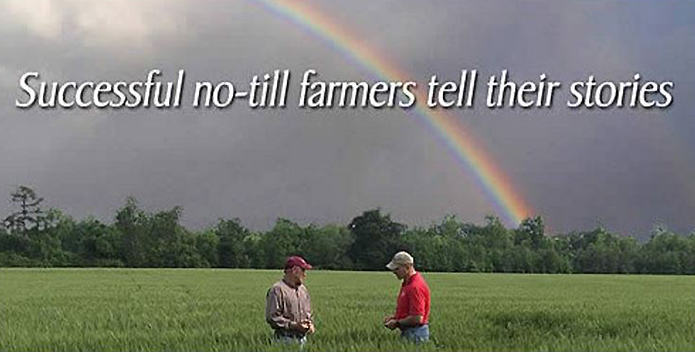
Chesapeake Farmers Reducing Pollution and Improving Business
Six Virginia farmers are profiled for using environmentally friendly practices like no-till planting, crop rotation, and the use of cover crops.

